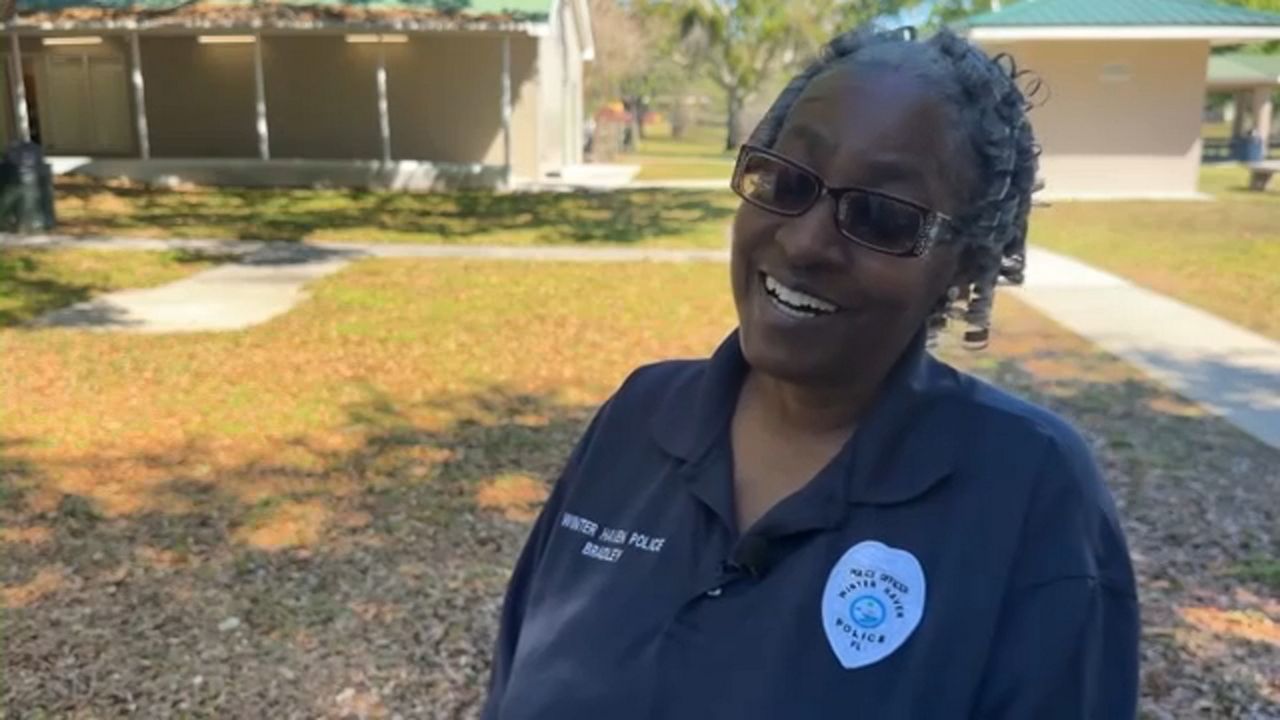LAND O' LAKES, Fla. — People who live in the Plantation Palms community recently amended their governing documents to include language meant to curb the growth of rental properties.
"Over the years, the number of rentals had started creeping up. So, we thought it'd be a worthwhile project to change our documents — first time ever in the history of the HOA," said Plantation Palms Homeowners Association President Jim Hammond.
Hammond said around eight or nine percent of the 821 homes in the community are rentals. About half of those are corporate-owned. Hammond said that four percent or so of properties make up 25% of rule violations the HOA has to deal with.
"It's just a disproportionate amount of effort," he said. "Corporate rentals are difficult to get a hold of. They don't maintain their properties to the same level as our owner-occupied homeowners."
According to Hammond, three of the top four houses that owe unpaid fines to the HOA are corporate-owned.
Last summer, Hammond began spearheading a monthslong effort to change Plantation Palms' governing documents. Residents adopted a number of amendments, including that buyers must live in the home they purchase for two years before renting it out. Hammond posted about the changes to the social networking site Nextdoor.
"I was immediately bombarded, literally, by other both homeowners and HOA board members in the area here who provided both horror stories and their concerns about rental growth in their communities, some of which were substantially larger than ours as far as number of rentals," Hammond said.
The post racked up more than 2,200 views, which inspired Hammond to organize a meeting of local HOA members. With three days' notice, 14 people gathered in Plantation Palms to talk about their experience with rentals.
"Really sort of determined this is bigger than just Plantation Palms," Hammond said.
Real estate company Redfin analyzed county records and found the last quarter of 2022 saw a record 45.8% nationwide drop year-over-year in investor-purchased homes in the U.S. Tampa saw a 50.7% decrease during that time period.
The analysis pointed to high interest rates and the possibility of home price declines as the reason. This follows record high numbers at the end of 2021. According to an earlier Redfin analysis, the last quarter of that year saw investors buy 18.4% of homes purchased in the U.S. Tampa's percentage was even higher than that national number at 24.2 percent.
Redfin defines an investor as "any institution or business that purchases residential real estate."
"This thing has been a problem with us for awhile," Gail Spector, president of the Valencia Gardens HOA, said of rentals.
Spector was one of the HOA board members who attended the Plantation Palms meeting. She said her community is looking at the possibility of making changes similar to those adopted by Hammond's neighborhood.
"It's not about the renters themselves," she said. "It's about the corporations that don't do. They're not responsive, and that's not fair."
Hammond said more than two dozen HOAs have contacted him since his initial Nextdoor post. He said most are from Pasco, but he heard from others in Hernando and Hillsborough counties. He said he sent them information packets about the process Plantation Palms followed to create their amendments.
According to Redfin, investor purchases could pick up again this year due to mortgage rates coming down from last year's high. It notes activity likely won't hit 2021 levels, which could be good news for individual buyers, some of whom found themselves bidding against corporate buyers in the past.









